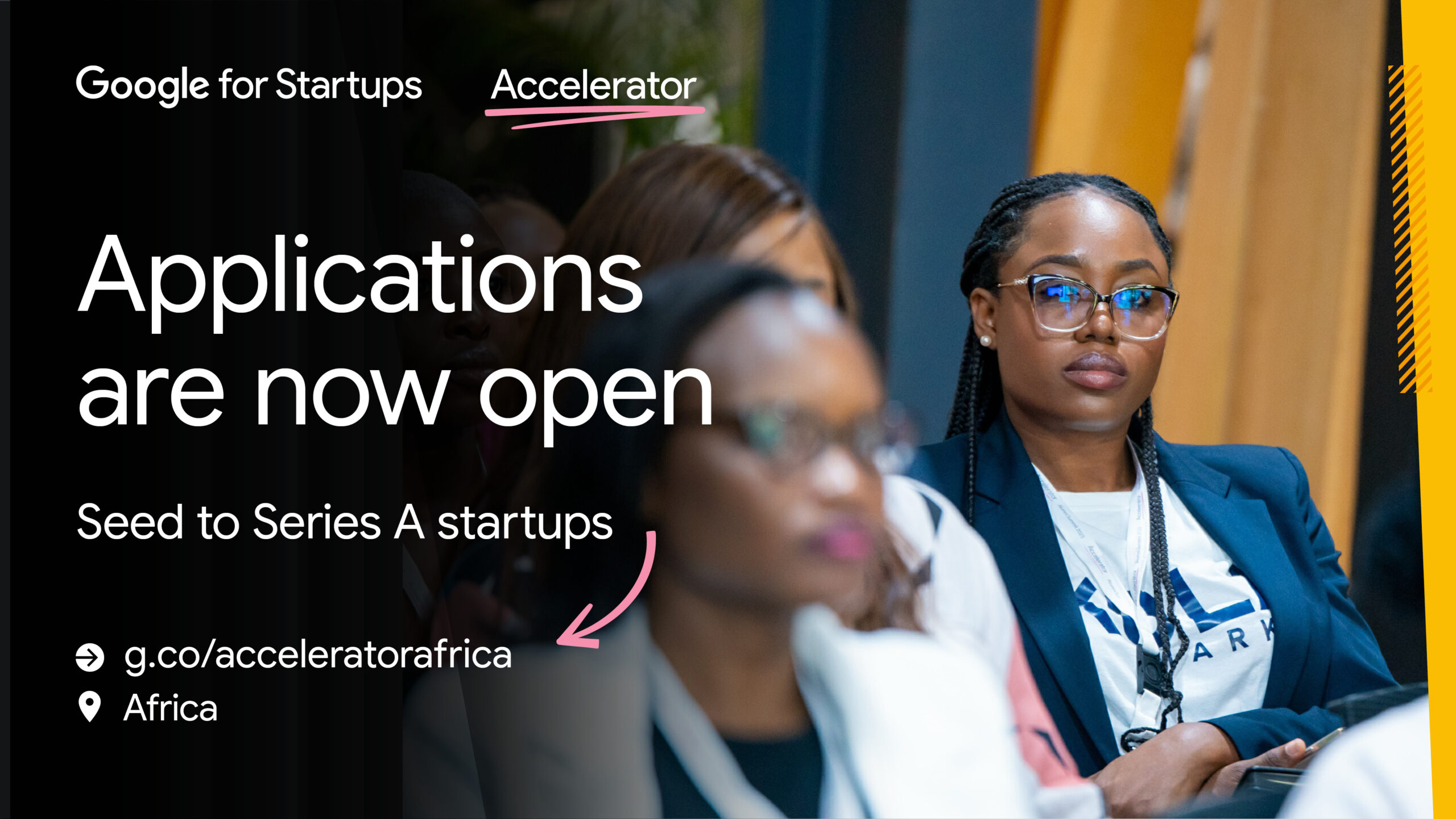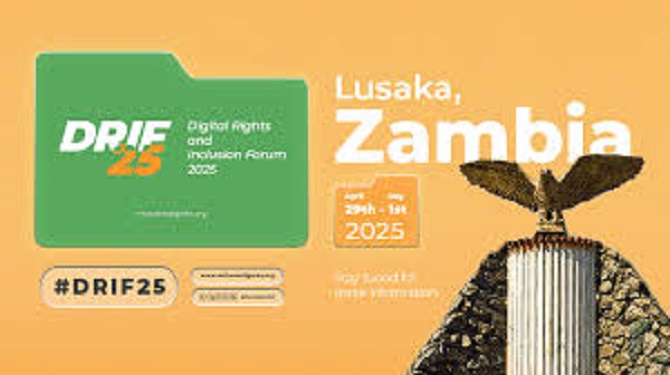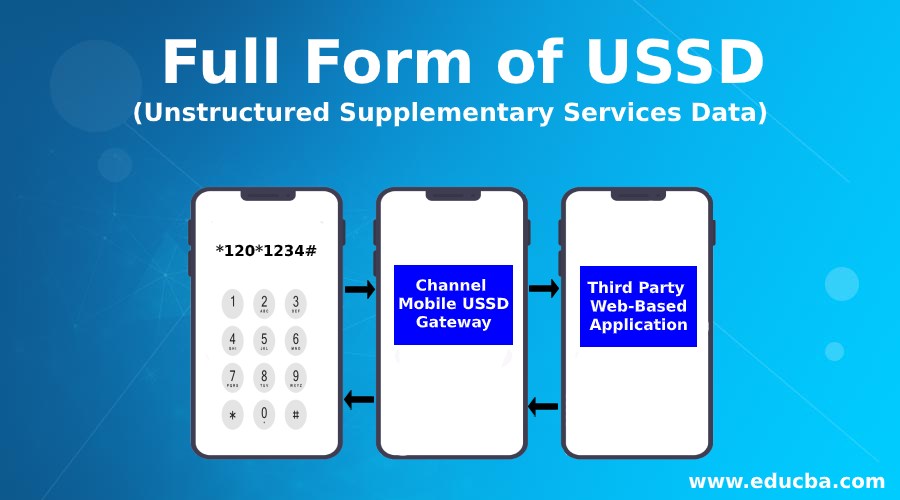Telecom
NITDA DG Reaffirms Potential of Emerging Technologies in Revolutionising Agricultural Sector in Nigeria

Kashifu Inuwa, the director general, National Information Technology Development Agency (NITDA), has reiterated the transformative potential of emerging technologies in revolutionising the agricultural sector in Nigeria.

The Symposium, organised by Federal University Dutsinma (FUDMA), in collaboration with Islamic World Educational, Science and Cultural Organisation, Morocco, themed “The Future of Smart Agriculture and the Role of Emerging Technologies in Achieving the SDGs,” brought together experts to discuss ways that will hitherto encourage smart agriculture, and showcased beneficiaries of the National Adopted Village for Smart Agriculture (NAVSA) from Federal University Dutse.
Inuwa, who was represented by Dr Aminu Lawal, SA on Digital Transformation, highlighted the significant strides made in the field of smart farming, which combines the power of data and computing technologies to enhance the efficiency and predictability of farming operations.
The DG said, every sector and industry has been impacted by digital revolution, and agriculture is not an exception. According to him, agriculture has witnessed shifts from primitive farming to mechanised farming and now in the digital or smart farming era.
He said in smart farming, the focus is on capturing data and interpreting them using computing technologies to make farm operations more predictable and efficient.
Inuwa stated that Digital technologies have been recognised as one of the critical enablers of agriculture transformation for increased food production to meet the global challenge of feeding this population and accelerate the achievement of goal number two, zero hunger, in the Sustainable Development Goals (SDGs).
He said, “there is a need to increase the production and profitability of farmers, increase the impact of agriculture intervention, attract youths and talents into agribusinesses, and use agriculture to diversify the economy. Digital technologies have the ability to change this narrative.
“Agriculture, if properly harnessed and technologies and innovations effectively introduced, the sector remains the number one sector for taking 100 million Nigerians out of poverty in 10 years and creating large well-paying jobs for Nigerian youths.
“Digital technologies can significantly reduce information access inequalities, improve the management and sustainability of natural resources used in farming, reduce the costs of linking sellers and buyers, and improve knowledge sharing and access to markets.
“With digital technologies farmers make more precise decisions on resource management, and farm processes, and better engagement between consumers and producers through increased and faster information analysis and the resulting insights; thereby leading to smart farms and making small-scale producers more competitive.” The DG said.
Inuwa further said that NITDA in its effort to facilitate digitisation of the agriculture sector developed the Nigeria Digital Agriculture Strategy (NDAS) in collaboration with the Federal Ministry of Agriculture and Rural Development and key stakeholders.
The vision of the strategy is to make Nigeria the top three (3) most food-secure countries in Africa and the top 20 largest exporters of standard agricultural produce by 2030 through the use and application of digital technologies and innovations.
In an attempt to further digitise the agriculture sector, address those obvious challenges, exploit the opportunities and accelerate economic growth, the Agency came up with National Adopted Village for Smart Agriculture (NAVSA).
NAVSA is a technology and innovation-driven agricultural initiative aimed at addressing low agriculture productivity, inappropriate financing strategy, and repayment difficulties through the introduction of closed and open wallet systems on mobile payment platforms.
The initiative has been designed to accelerate the achievement of the Federal Government’s objectives on massive job creation, economic diversification, and growth. It builds and connects agriculture ecosystem players across the agriculture value chain to position agriculture as a business, attracts a youthful population into agriculture enterprises, ensures funds can be recouped through digital wallets, and values every farm produce for improved contribution to GDP and economic development.
He added that since its launch, its implementation and sustainability models, NAVSA continued to attract the attention of key players in the Agricultural ecosystem in line with global best practices.
Inuwa also noted that the Agency partnered with universities for the implementation of NAVSA to shape and model new generation of agriculturists to become smart farmers, thereby preparing them for the future of agriculture.
Earlier, in his welcome address, the Vice Chancellor of the University, Prof. Armaya’u Hamisu-Bichi, said that the theme resonated deeply in their quest for innovation, efficiency and sustainability within the agricultural sector.
He said “In an era where our world is confronted with numerous challenges ranging from population growth to climate change, it is imperative to harness the potential of emerging technologies.
According to him, smart agriculture, which integrates cutting-edge technologies such as Internet of Things, Artificial Intelligence and data analytics has the power to revolutionise farming practices, increase productivity, optimize resource management and enhance overall efficiency.
“It is through collective efforts and comprehensive strategies that we can attain this delicate equilibrium, fostering harmonious coexistence between agricultural production and environmental preservation,” he added.
Telecom
Google Launches 2025 AI Startups Accelerator Program for African Innovators

Google has opened applications for the 2025 Google for Startups Accelerator Africa program, a three-month initiative designed to support early-stage startups using artificial intelligence to address Africa’s most pressing challenges.

Across the continent, startups are demonstrating how local innovation can solve deeply rooted problems. In West Africa, Crop2Cash – an agritech platform and alumni of the program – is using AI to digitally onboard smallholder farmers, build their financial identities, and provide them with access to credit, traceable payments, and productivity tools.
Through these efforts, Crop2Cash is improving agricultural outcomes and unlocking economic opportunity for farmers who have long been excluded from formal systems—illustrating the kind of impact that’s possible when African startups receive the support they need to scale.
The Accelerator is open to Seed to Series A startups based in Africa that are building AI-first solutions. Startups must have a live product, at least one founder of African descent, and a clear vision for responsible AI innovation. Selected participants will receive:
Dedicated technical mentorship from Google and industry experts
Up to $350,000 in Google Cloud credits
Access to a global network of investors, partners, and collaborators
Workshops focused on technology, product strategy, people leadership, and AI implementation
AI’s potential to accelerate Africa’s development is real, and Google is investing in ensuring that African startups lead that charge. According to McKinsey, AI could add $1.3 trillion to Africa’s economy by 2030, but only if bold innovation is supported at the grassroots.
“Startups are Africa’s problem solvers. With the right resources, they can scale their impact far beyond local communities,” said Folarin Aiyegbusi, Head of Startup Ecosystem, Africa at Google.
“This program reflects our belief that AI can be transformative when shaped by those who understand the context deeply.”
Since 2018, the program has supported 140 startups from 17 African countries. These alumni have raised more than $300 million in funding and created over 3,000 jobs. Many are now regional and global leaders in their categories.
Applications for the 2025 cohort are now open. Startups interested in participating can apply at: https://startup.google.com/programs/accelerator/africa
For further information and updates, visit the Google Africa Blog or follow @GoogleAfrica on social media.
Telecom
DRIF25 Brings Together 1,000 Delegates in Lusaka

The Digital Rights and Inclusion Forum (DRIF25) is all set for its 12th edition, taking place from April 29th to May 1st, 2025, at the Mulungushi International Conference Centre in Lusaka, Zambia.

Over 1,000 delegates from 65 countries are expected to attend this highly anticipated event, with registration officially closed on April 13th, 2025.
The forum will feature esteemed speakers, including Zambia’s Minister of Technology and Science, Hon. Felix Mutati; Advocate Pansy Tlakula, Chairperson of the Information Regulator of South Africa; and ‘Gbenga Sesan, Executive Director at Paradigm Initiative.
Other notable contributors include Usama Khilji, Executive Director of Bolo Bhi, and Beatrice Mutali, the UN Resident Coordinator for Zambia.
Organized by Paradigm Initiative (PIN) with support from local and international partners such as Bloggers of Zambia, Internet Society Zambia, and the Zambia Ministry of Technology and Science, DRIF25 will focus on the theme: Promoting Digital Ubuntu in Approaches to Technology.
Discussions will tackle critical issues such as Artificial Intelligence, Data Protection, Digital Inclusion, and Human Rights.
The three-day forum will include 122 sessions, ranging from workshops and panel discussions to tech demos and exhibitions.
These were selected from a record-breaking 345 proposals, continuing the forum’s growth over recent years. Sponsors like Ford Foundation, Meta, Google, and Wikimedia Foundation play a crucial role in making the event possible.
PIN is set to unveil key publications during the event, including the 2024 Digital Rights and Inclusion in Africa Report – Londa and the organization’s book, The PIN Story: Work in Progress, chronicling its journey from a small cybercafe in Lagos, Nigeria, to a leading pan-African digital rights organization.
As one of the continent’s premier platforms for advancing digital rights and inclusion, DRIF25 promises to build on the success of previous editions, driving dialogue and collaboration among diverse stakeholders.
Telecom
Banks, Telcos Mull New Billing Plans for USSD Airtime Payments

Telecom customers will have to pay for the use of Unstructured Supplementary Service Data (USSD) by having their airtime deducted, according to an information obtained by the Guardian.

According to reports, discussions to implement an end-user billing system between telecom providers and deposit money banks (DMBs) are presently in advanced stages.
A system that charges the client directly for utilizing the USSD service instead of the service provider is known as end-user billing.
This implies that, independent of any further fees the bank may impose, the customer’s mobile account (airtime or direct billing) is deducted for the USSD session.
This is a shift from the conventional corporate billing approach where banks were invoiced for USSD usage.
Gbenga Adebayo, chairman, Association of Licensed Telecommunications Operators of Nigeria (ALTON), said to The Guardian that conversations are underway, and the mechanisms are being fine-tuned to suit subscribers, telcos and DMBs.
r billing, which the banks have been supporting for a while, may help prevent accumulated debts, as seen by the current crisis between the banks and telecom providers, according to Adebayo.
Therefore, we have started talking about switching to end-user paying without causing customers’ services to stop working.
The banks now charge you and debit your account when you make USSD (Debit alert for the transfer). Banks won’t debit you again after the talks are over; instead, your airtime will be used immediately. The funds will be deducted from your airtime rather than your account by the banks.
“The discussion has begun; we will work with the banks to agree on a migration plan. The banks have long been demanding a solution to the USSD debt problem, and this will be it. In order to prevent consumers from being charged for services they did not receive, the parties must nevertheless agree that systems must be updated and operations must be transparent.
“The discussion is underway,” he said.
Recall that on September 16, 2019, the Bank Chiefs wrote to ALTON on behalf of the Body of Banks’ Chief Executive Officers (BOBCEO) proposing a “orderly implementation” of end-user charging for bank clients that would “align with the standard practice for USSD billing.”
The bank executives expressed disapproval of splitting the profits from USSD transactions with the telcos in the note to ALTON.
They stated that the service providers, who supply the platform for the USSD service, had suggested deducting N4.50k per 20 seconds from the fees that clients pay the banks. The banks objected, claiming that it would increase the cost by 45% immediately.
However, the dynamics, especially the underlying technology, made the concept unpopular with the telcos at the time.
Instead, the carriers had demanded corporate billing. According to the telecoms, the banks declined to attend a roundtable in 2020 to address the issue and put a definitive stop to it.
As a result, the USSD obligations that are presently being recovered from were greatly exacerbated by the matter’s failure to be resolved five years ago. Since March 16, 2021, subscribers have been charged N6.98K for each USSD transaction.
The authorities instructed DMBs and MNOs to agree on payment options, either a lump amount or instalments, by January 2, 2025, in a circular jointly issued by the Central Bank of Nigeria (CBN) and NCC.
They stated that the payments must be finished by July 2, 2025, if they are chosen.
It is required that 60% of all pre-API bills be paid in full and as a final settlement. By January 2, 2025, a concerned DMB and MNO must agree on payment options (lump amount or instalments).
To be clear, if a DMB suggests instalment payment, it must be based on equal monthly instalments, and the money must be paid by July 2 at the latest.
Just to be clear, if a DMB suggests instalment payment, it must be based on equal monthly instalments, and the money must be paid by July 2 at the latest.
In accordance with past decisions made by the CBN and the NCC, DMBs are required to settle eighty-five percent (85%) of all unpaid invoices between the relevant DMB and MNO (also known as post-API debts) by December 31, 2024, following the implementation of Application Programming Interfaces (API) in February 2022.
Additionally, within a month of the invoice being served, 85% of all subsequent invoices must be paid off.
The NCC will initiate the required regulatory procedures to switch back to End-User Billing (EUB), provided that the directions in Paragraphs 1 and 2 above are satisfactorily implemented and that the agreement between DMBs and MNOs for the switch to EUB is furthered.
Only MNOs and DMBs that fully adhere to the aforementioned paragraphs 1 and 2 will be permitted to switch to EUB. In due order, the CBN and the NCC will offer guidelines on public education initiatives related to the changeover. MNOs are required to implement the “10-second rule” for USSD invoicing until the transitional procedures in paragraph 3 above are finalized.
Thus, any USSD session that lasts less than 10 seconds is not eligible for billing. “DMBs with prepaid billing options have the opportunity to migrate to EUB, subject to the execution of the required regulatory processes,” the authorities added.

 General News2 days ago
General News2 days agoWorld Bank Announces $800m Support for Nigeria’s CCT Initiative

 E-Financial2 days ago
E-Financial2 days agoFour Red Flags Nigerians Ignored until CBEX Crashed- DUBAWA
- General News2 days ago
MIT MBA Students Explore Digital Innovation at MTN Nigeria

 Telecom2 days ago
Telecom2 days agoHow Starlink Took over Africa’s Largest Internet Market

 General News2 days ago
General News2 days agoNITDA, SecDojo Forge Partnership to Strengthen Nigeria’s Cybersecurity Resilience

 Telecom2 days ago
Telecom2 days agoMTN Champs Lagos Continental Relays: A Celebration of Sportsmanship and Fun

 E-Financial2 days ago
E-Financial2 days agoSEC, SMEDAN To Launch Campaign on SME Financing

 E-Business2 days ago
E-Business2 days agoInternet Society Announces Peering Fellowship


























